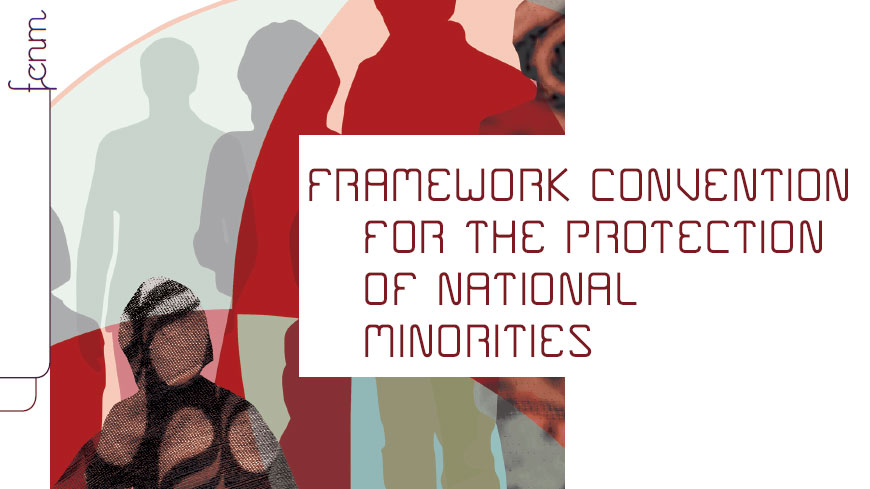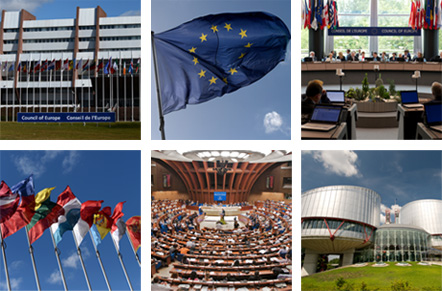Society in Russia is characterised by a climate of appreciation for ethnic diversity; the immense variety of ethnic groups, languages and religions is perceived as an asset; progress has been observed in residency registration and in the field of minority media. However, the official rhetoric portraying multicultural societies as failed, marginalisation of national minorities against the backdrop of the increasing emphasis on the Russian language and culture, reduction of minority language education, as well as general restrictions on basic freedoms undermine the ability of persons belonging to national minorities to fully exercise their rights.
These are key findings of the new opinion on the Russian Federation by the Advisory Committee on the Framework Convention for the Protection of National Minorities (FCNM) published today which covers the period from 2012 up to October 2017 (see the Russian version of the opinion)
The Council of Europe experts welcome the open and inclusive approach by the Russian authorities to the application of the Framework Convention, with almost 200 ethnic groups falling under its scope. Much attention is given at the federal, regional and local levels to the management of the country’s rich ethnic and religious diversity. The Committee notes with satisfaction the simplification of the procedure of applying for residency registration and efforts to address the issue of statelessness of former citizens of the USSR. Culture and folklore of persons belonging to minorities continue to be supported through a multitude of events and a wide network of institutions.



